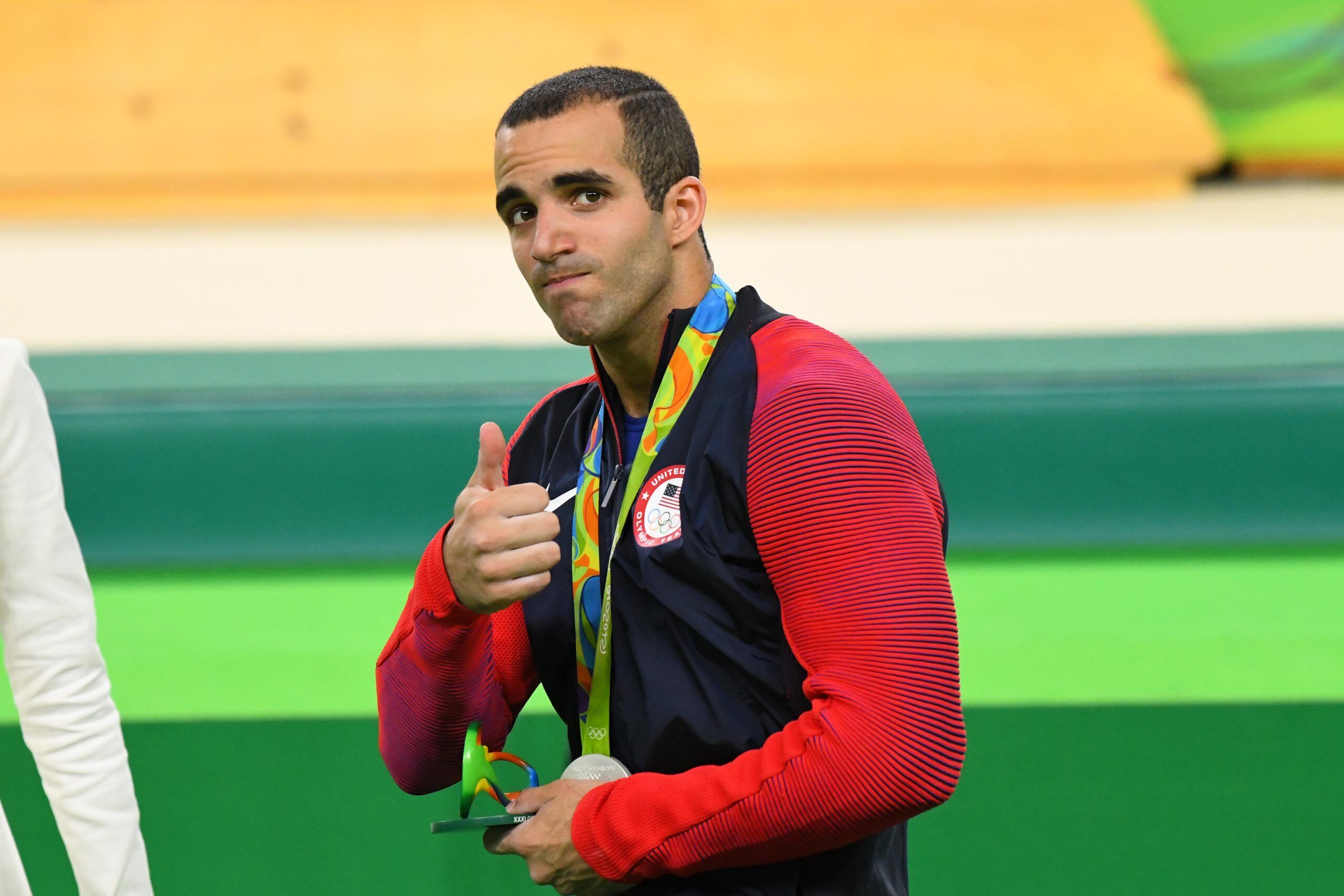Danell Leyva, the two-time Olympic gymnast who won three medals for Team USA, came out publicly on National Coming Out Day with a message on Twitter.
“For a long time I’ve known that I wasn’t straight,” Leyva tweeted. “But because of certain very personal reasons, I always rejected that side of me.”
One of the particularly courageous elements of Leyva’s public revelation is that he’s bringing people on his journey as he explores where he falls on the LGBTQ spectrum. He said in his series of coming-out tweets that he thinks he’s bisexual or pansexual, but he’s “trying to figure that one out.” He added that at this time, he’s “not attracted to cis men.”
That he’s willing to share his truth publicly, even when he’s not exactly sure of where his journey will take him, is inspiring. Across our culture today, when a man “comes out” so many immediately label him “gay gay gay!”
Get off the sidelines and into the game
Our weekly newsletter is packed with everything from locker room chatter to pressing LGBTQ sports issues.
That Leyva doesn’t identify as gay, is still trying to figure out how exactly he identifies, and is still willing to share all of this publicly should be empowering to other men who are in the same boat.
What’s also so great about his journey is that he has not been shy in the past, even as he’s been struggling with his own identity, to showcase his support of the LGBTQ community.
Weeks before the 2016 presidential election, he shared a message of support for LGBTQ people, and trans rights in particular, while wearing a “Make America Gay Again” T-shirt.
I know when I was on my journey the last thing I wanted to do was have any association with the community; That Leyva was willing to dive into the support says a lot about him.
His recent coming-out also sends a powerful reminder about the pain caused to so many people by sports stereotypes.
In sports perceived to be “masculine,” like football and ice hockey, there is a pressure on men to be straight. Football and hockey players are largely assumed to be straight from the day they put on their cleats or skates, and the athletes are promoted as such.
Yet some sports, like gymnastics and figure skating, have been dubbed by our culture as “feminine” sports. The men in these sports are either largely assumed to be gay, or their sexuality is unknown.
Women face the same issues, but in reverse: Ice hockey and softball players are assumed gay, figure skaters and gymnasts assumed straight.
In these sports where athletes are assumed to be “gay,” the pressure on athletes is to resist that label so they don’t conform to people’s assumptions. It’s something many women in basketball and soccer have talked about, this internal need to not be what people are saying you are.
Leyva echoed their sentiments in his message.
“One of the main reasons why I’ve never come out publicly is because throughout my life,” Leyva wrote, “for whatever reason, other people’s perception of my own sexuality have always been imposed onto me and it has always made me reject it even more. It made me uncomfortable.”
These attitudes — that some sports are “gay” and some are “straight” — are changing, but they can’t change fast enough. We at Outsports have for years challenged these stereotypes, largely because we’ve heard about the pain they cause so many people.
Leyva’s fear of contributing to the stereotype of male gymnasts controlled him for a long time, and it’s powerful to see his courage break through so he can be exactly who his is with all of us.








































